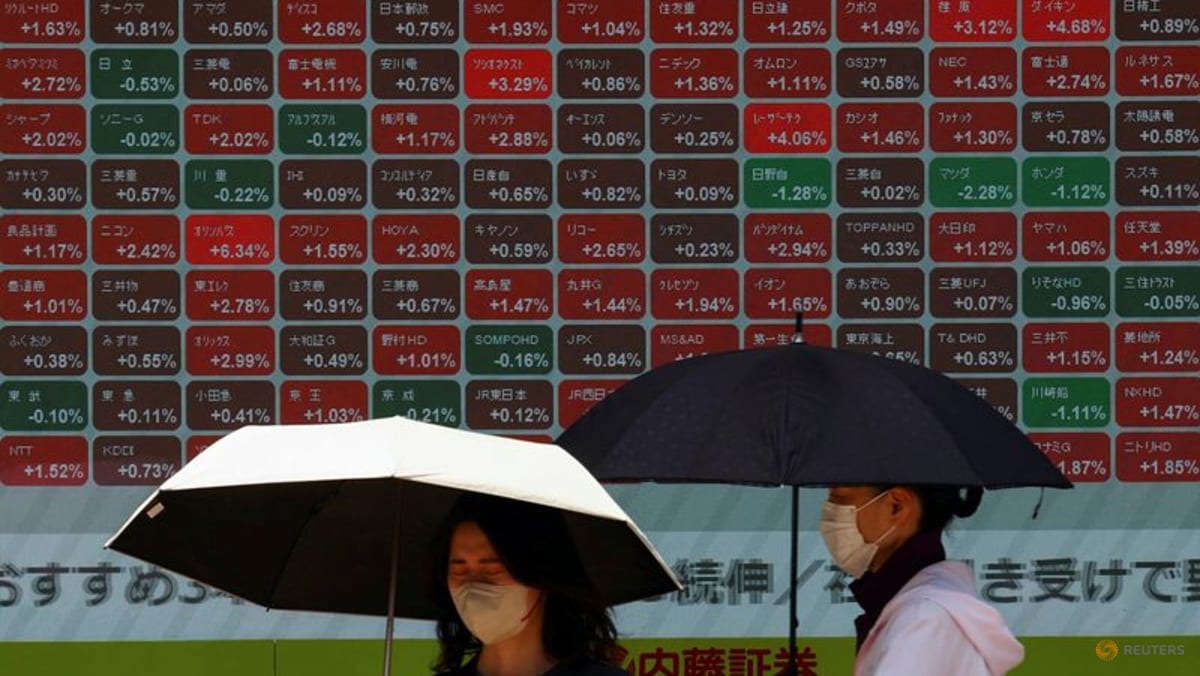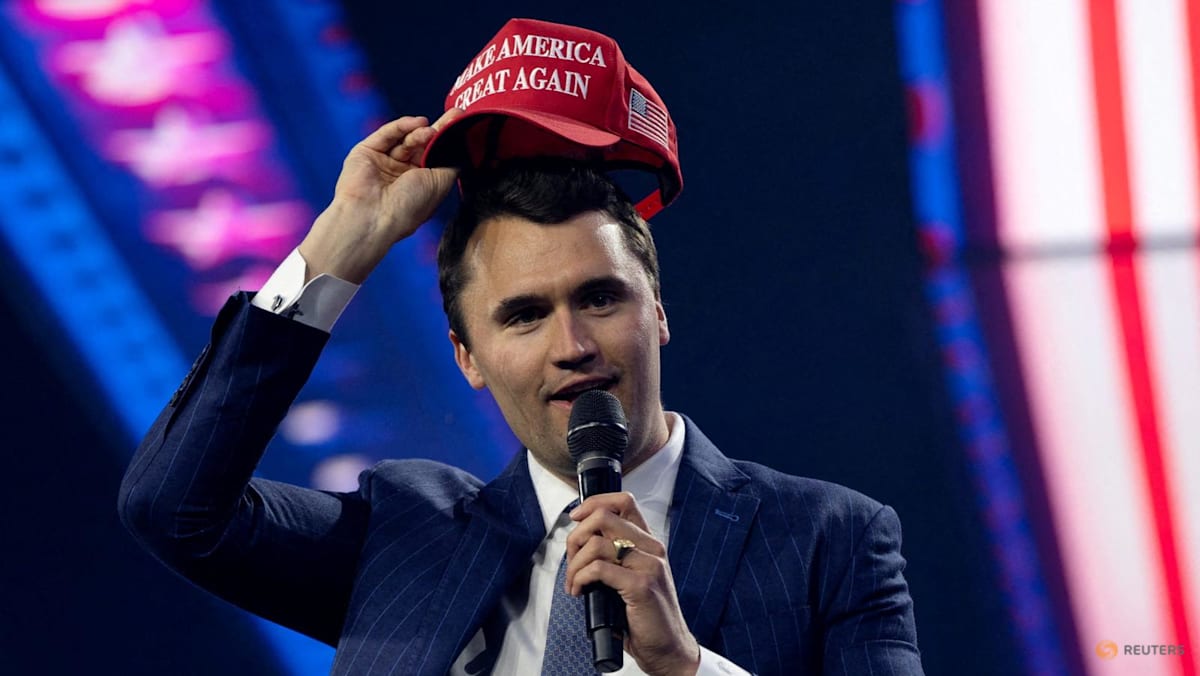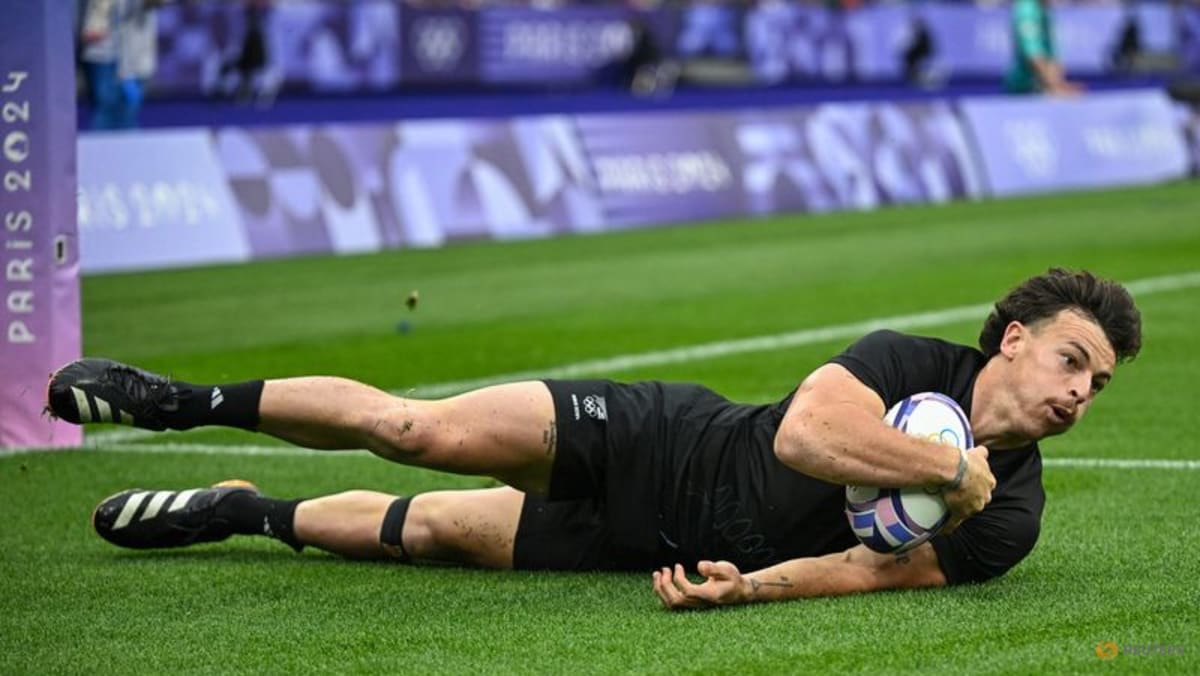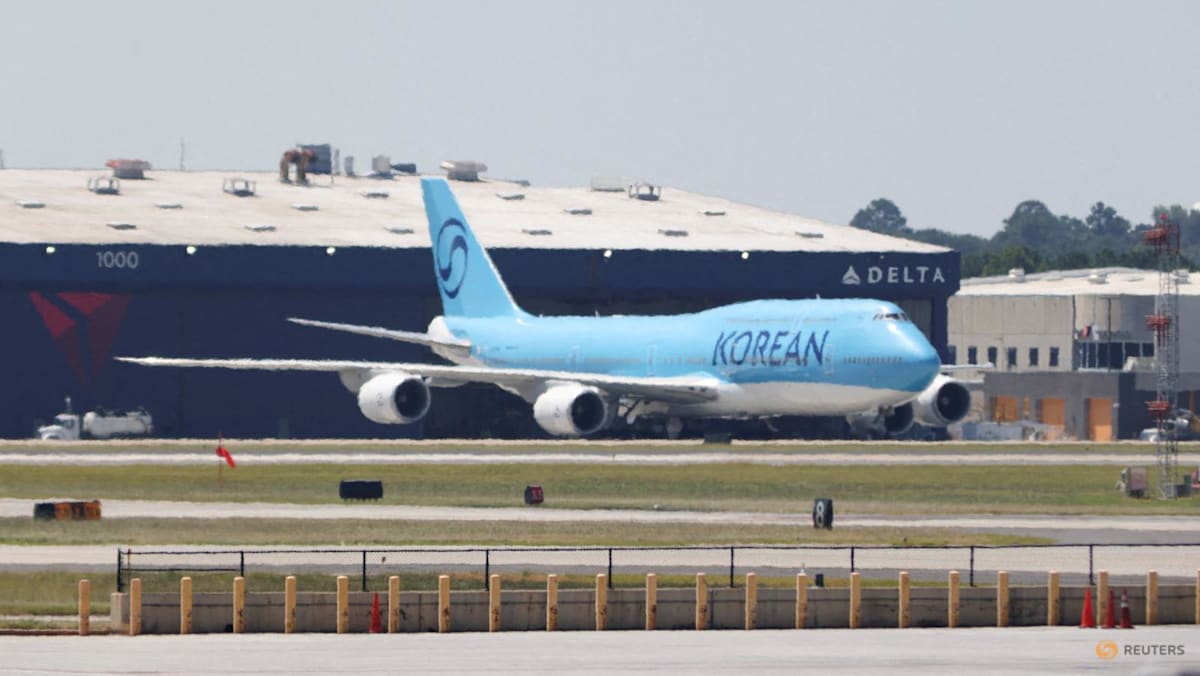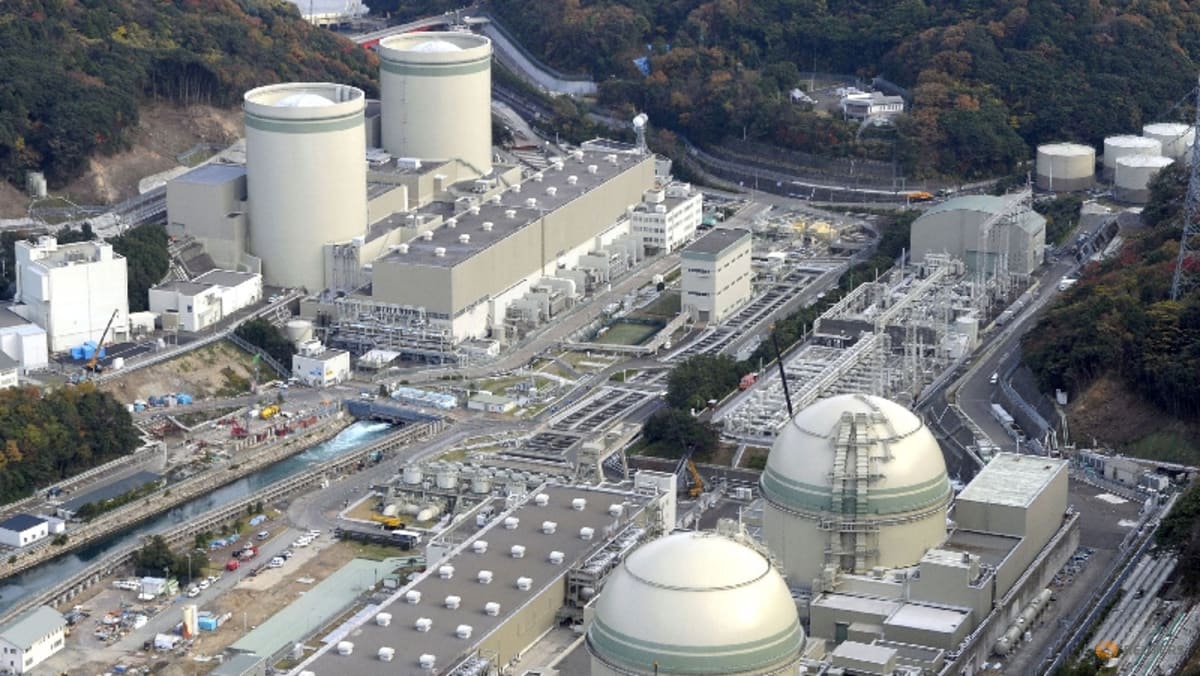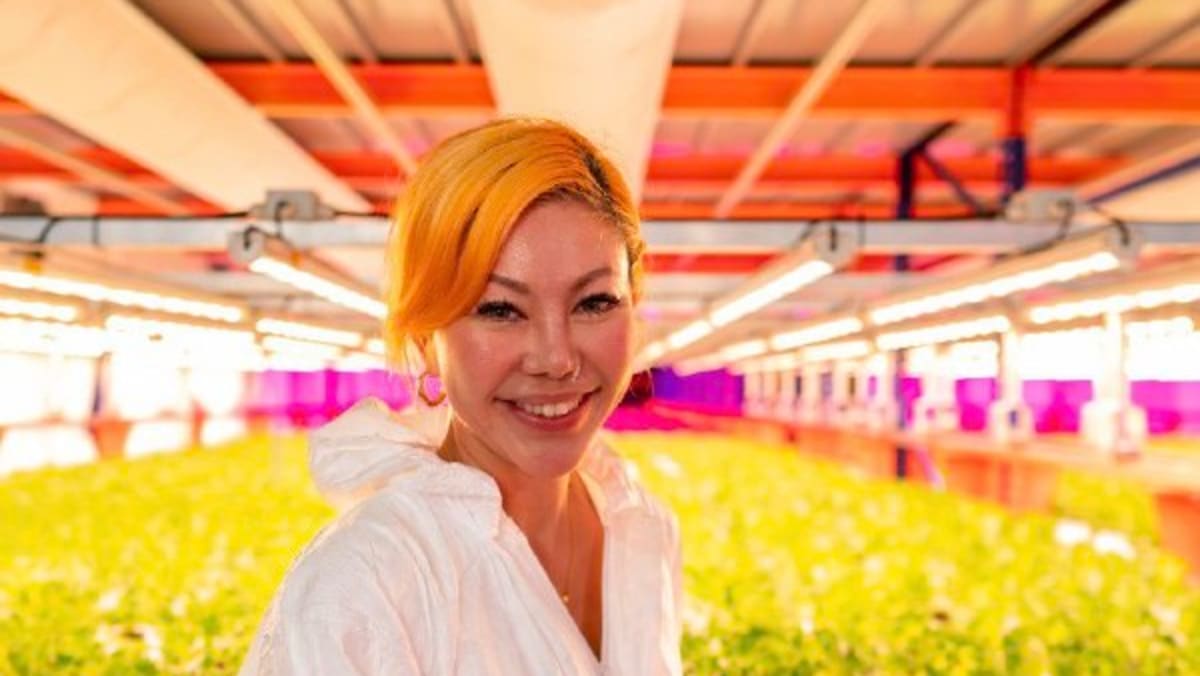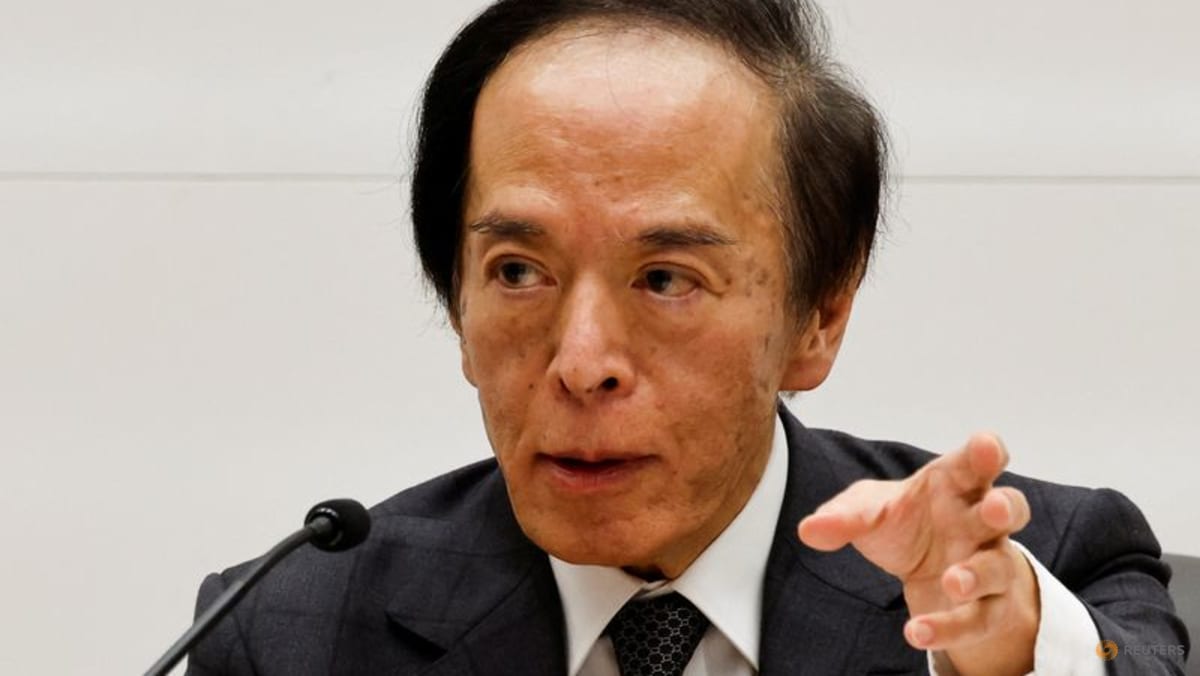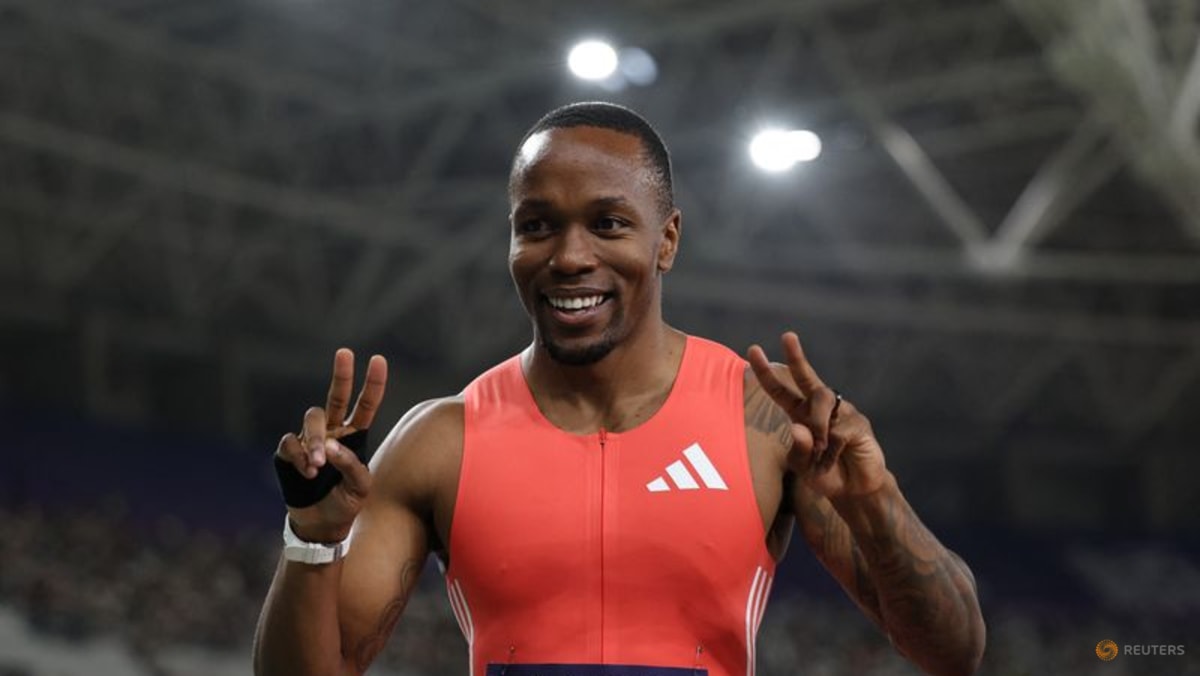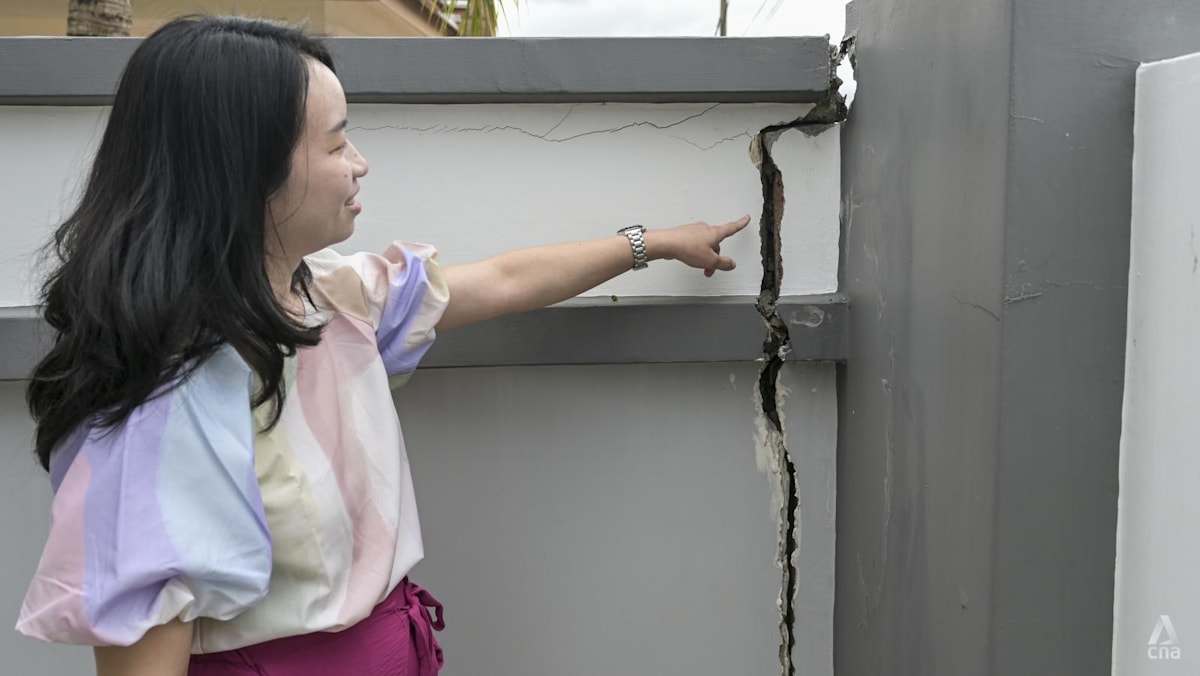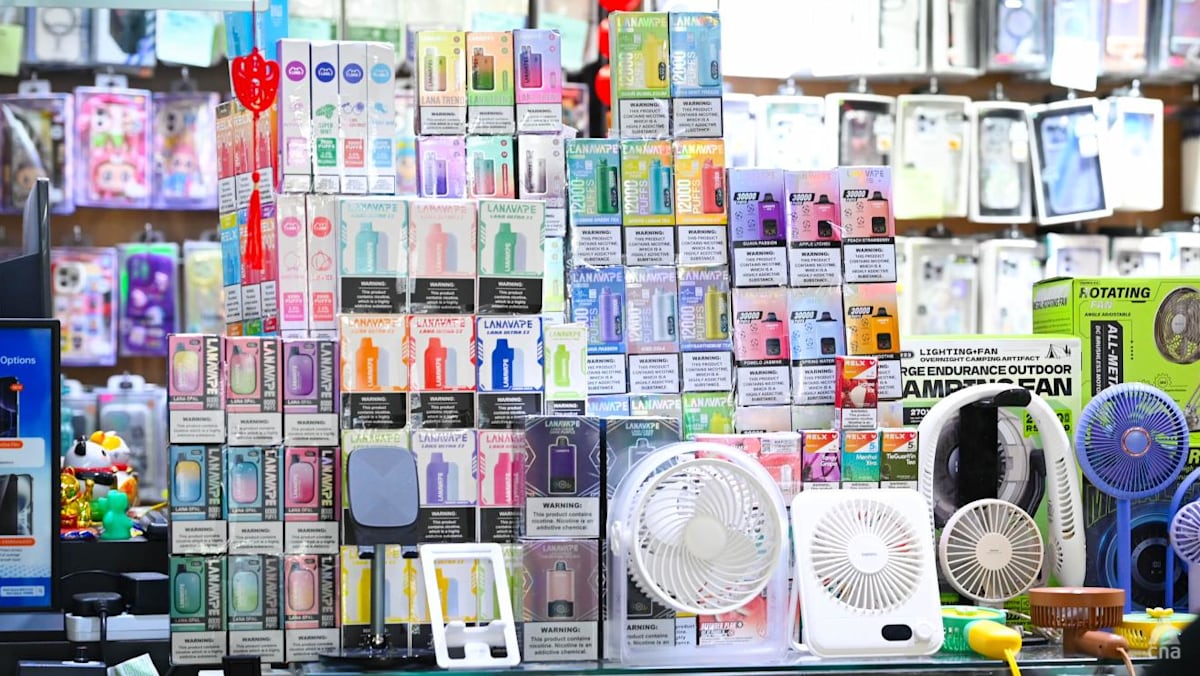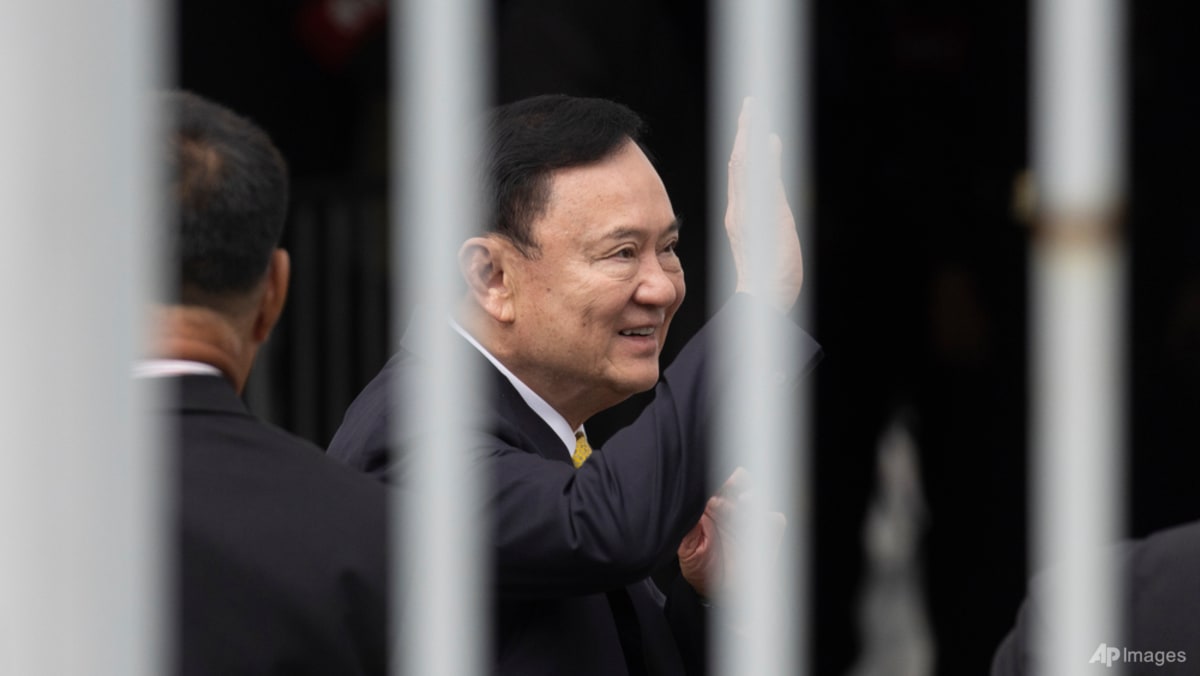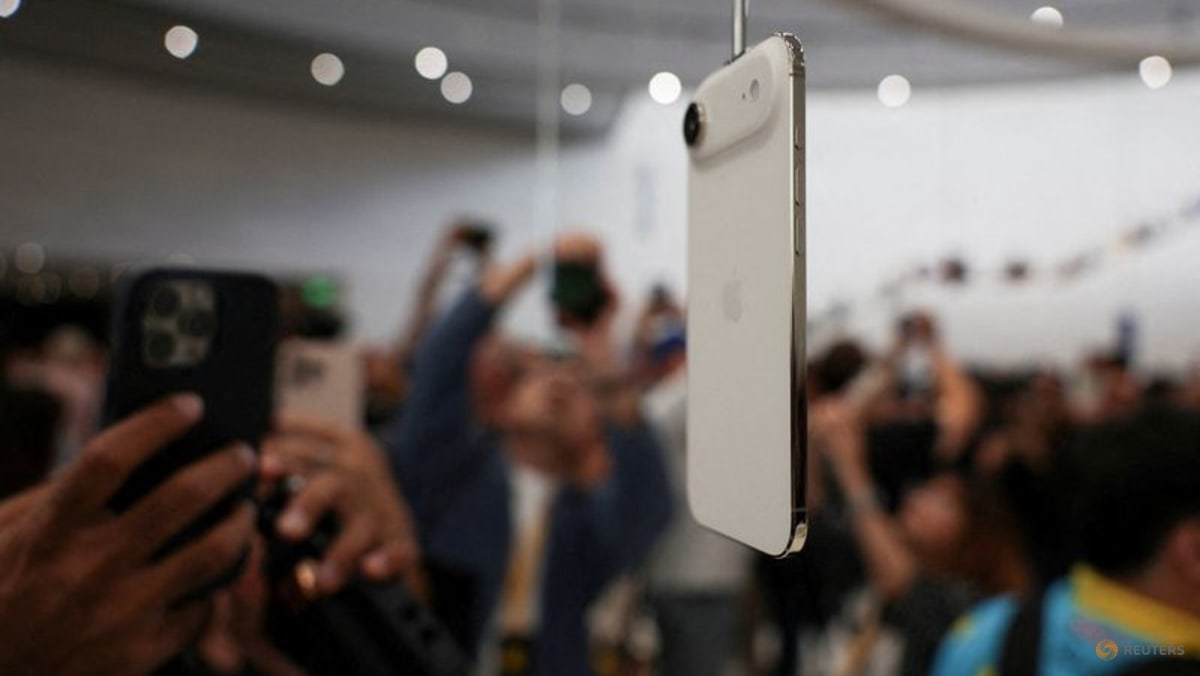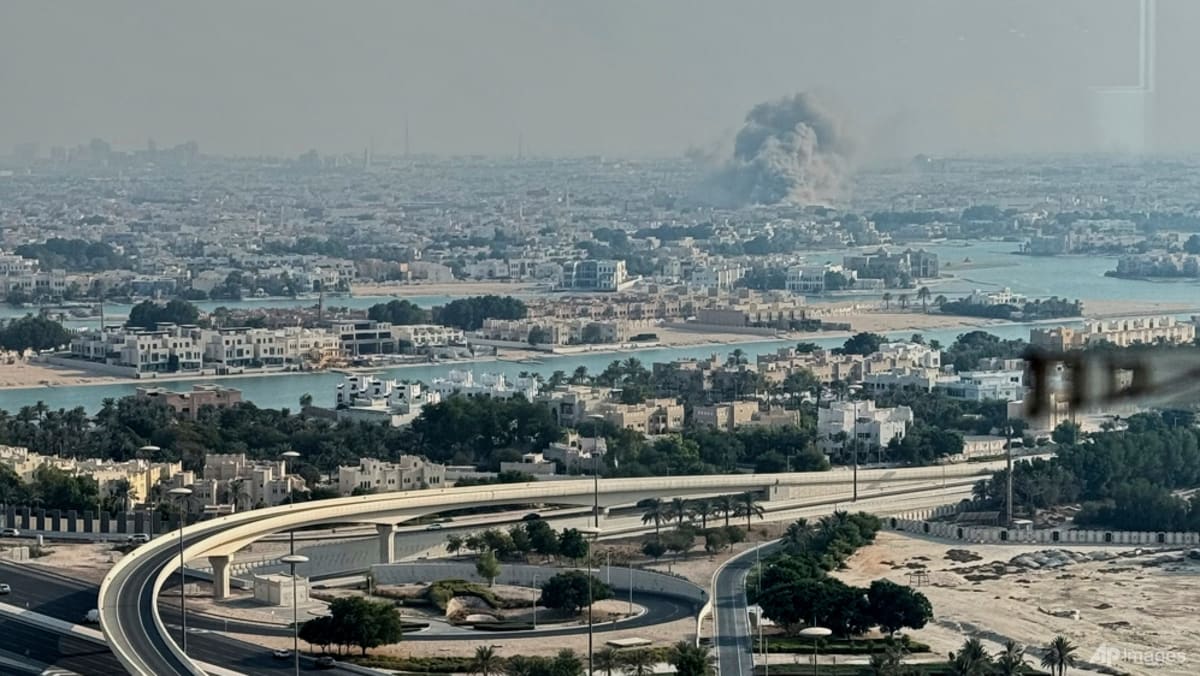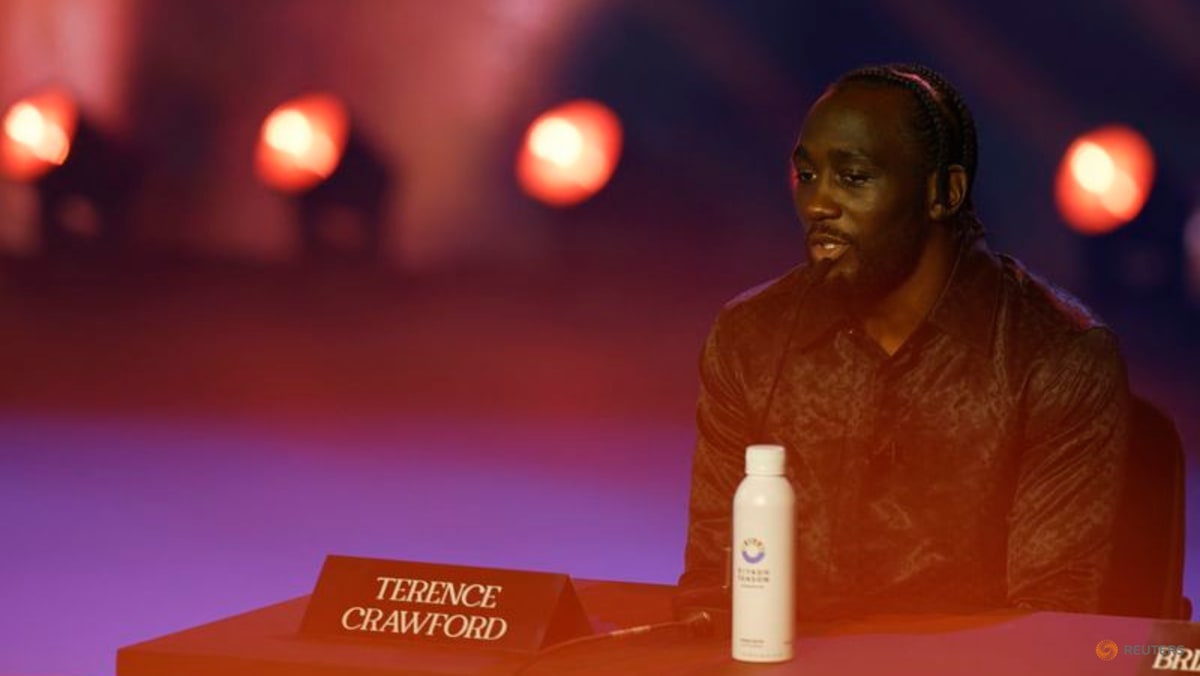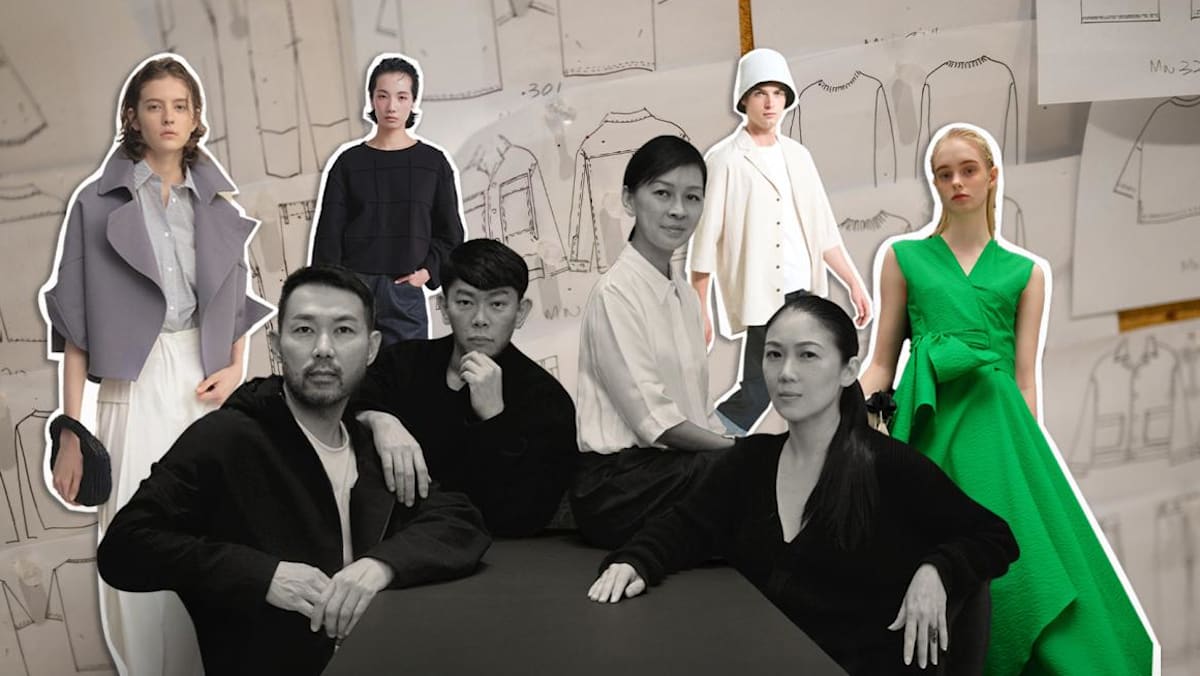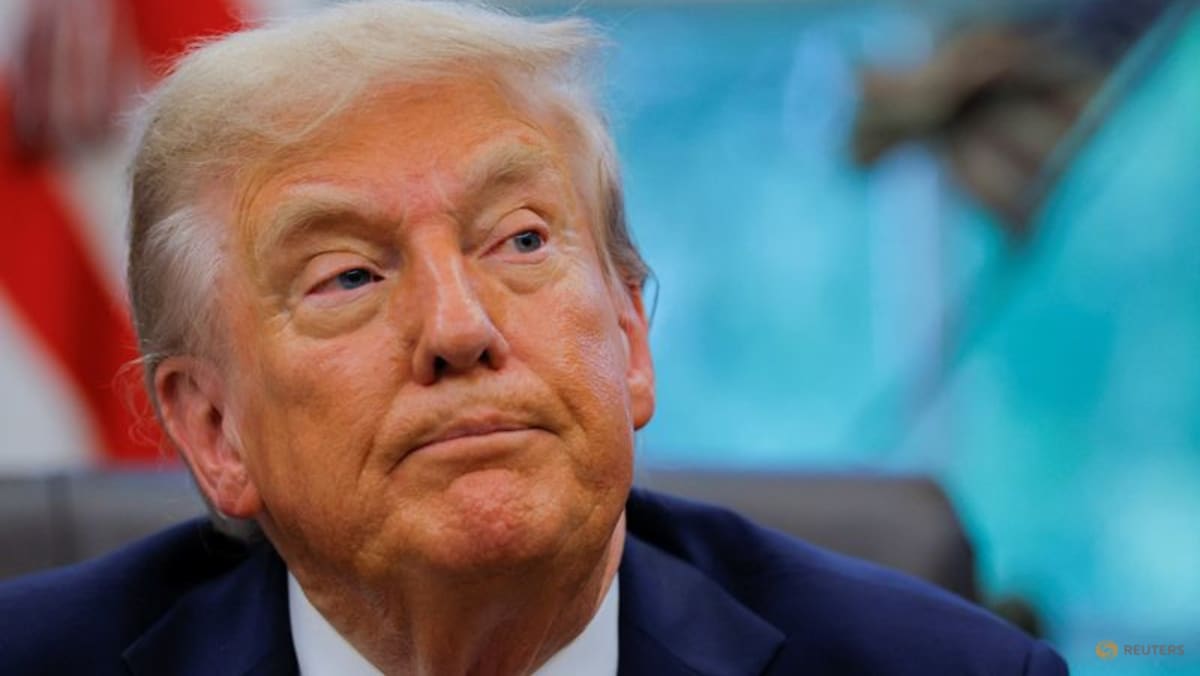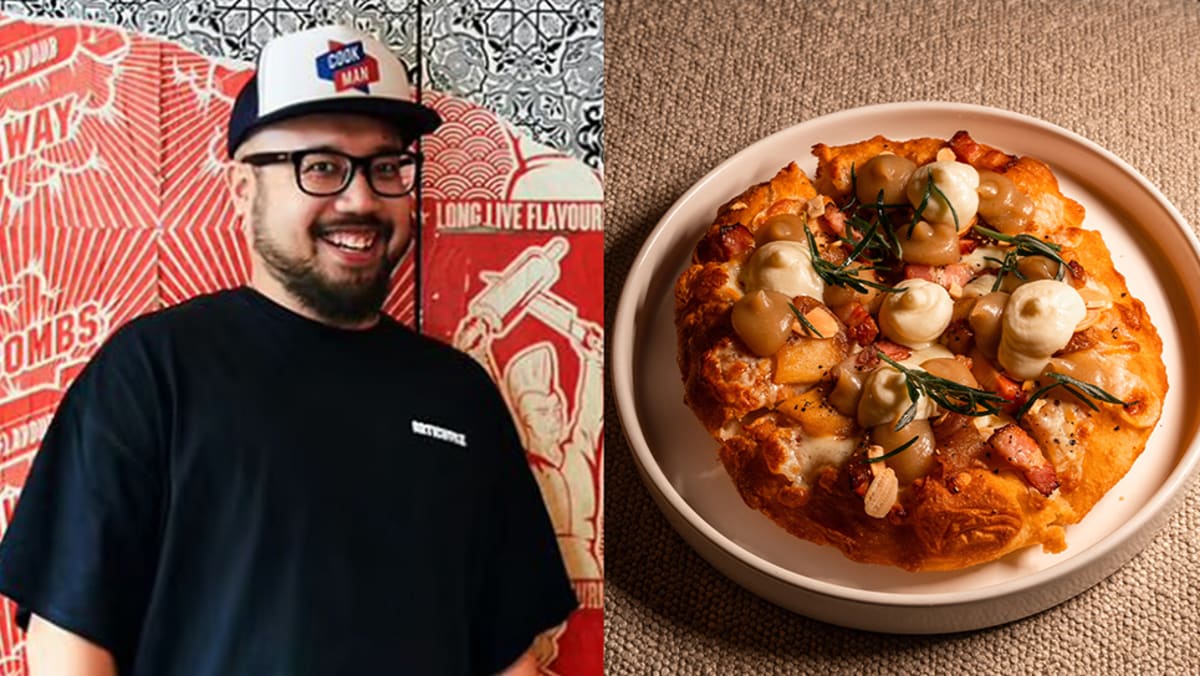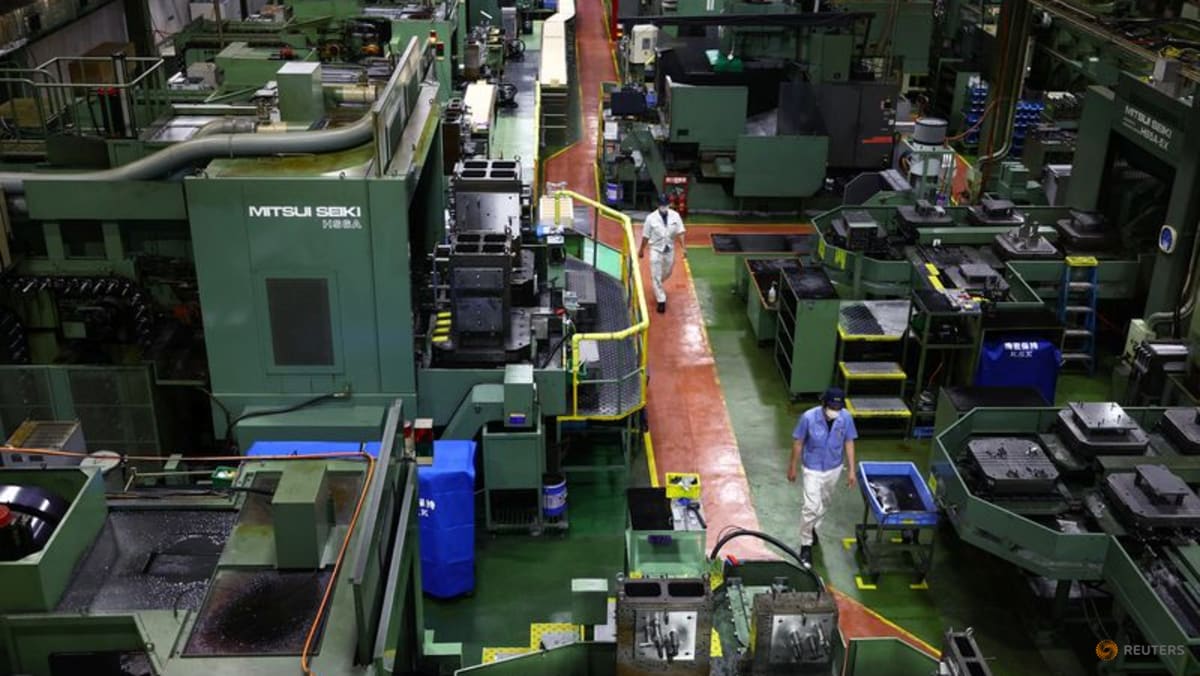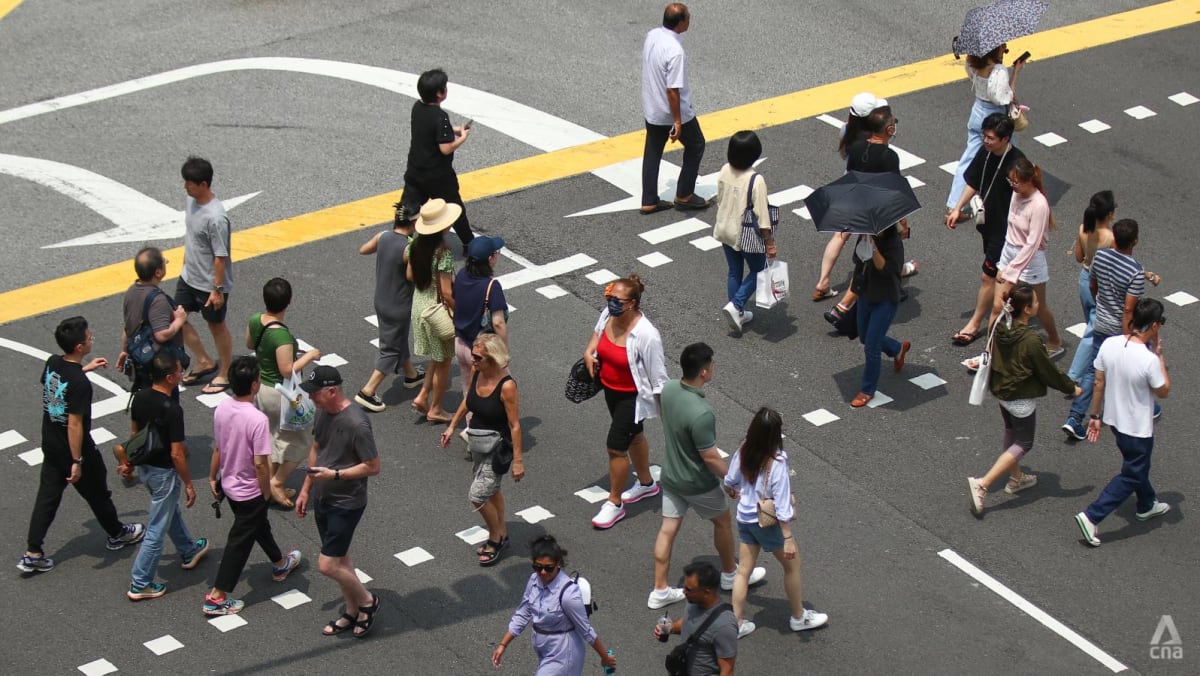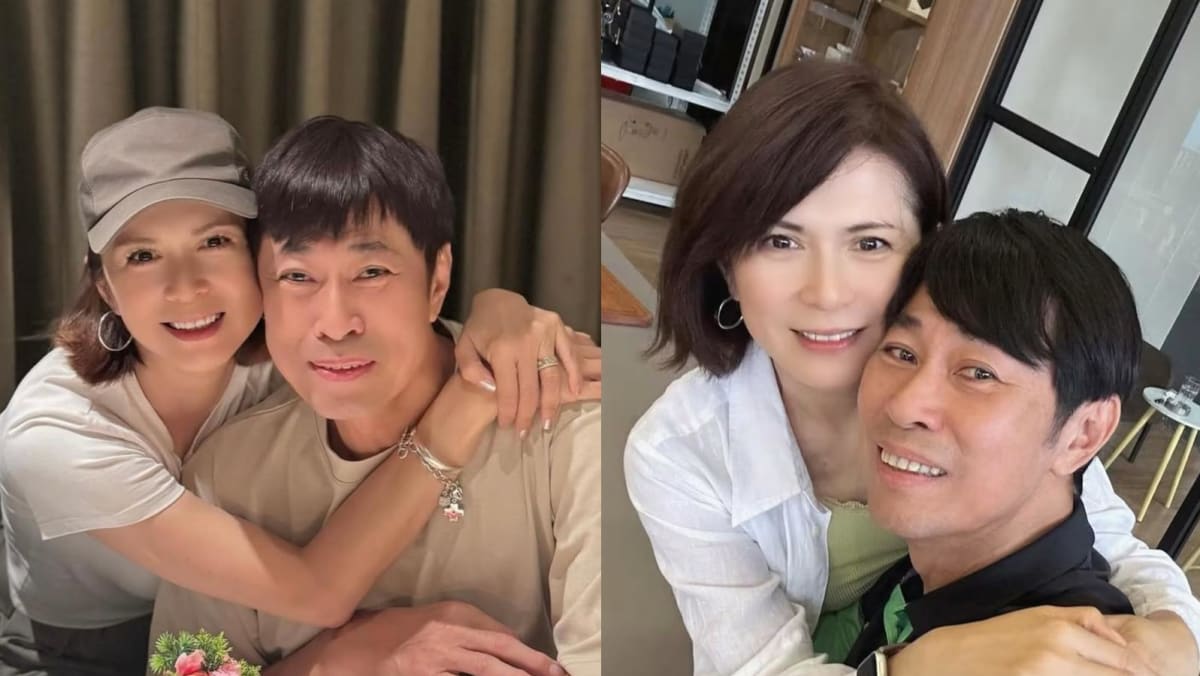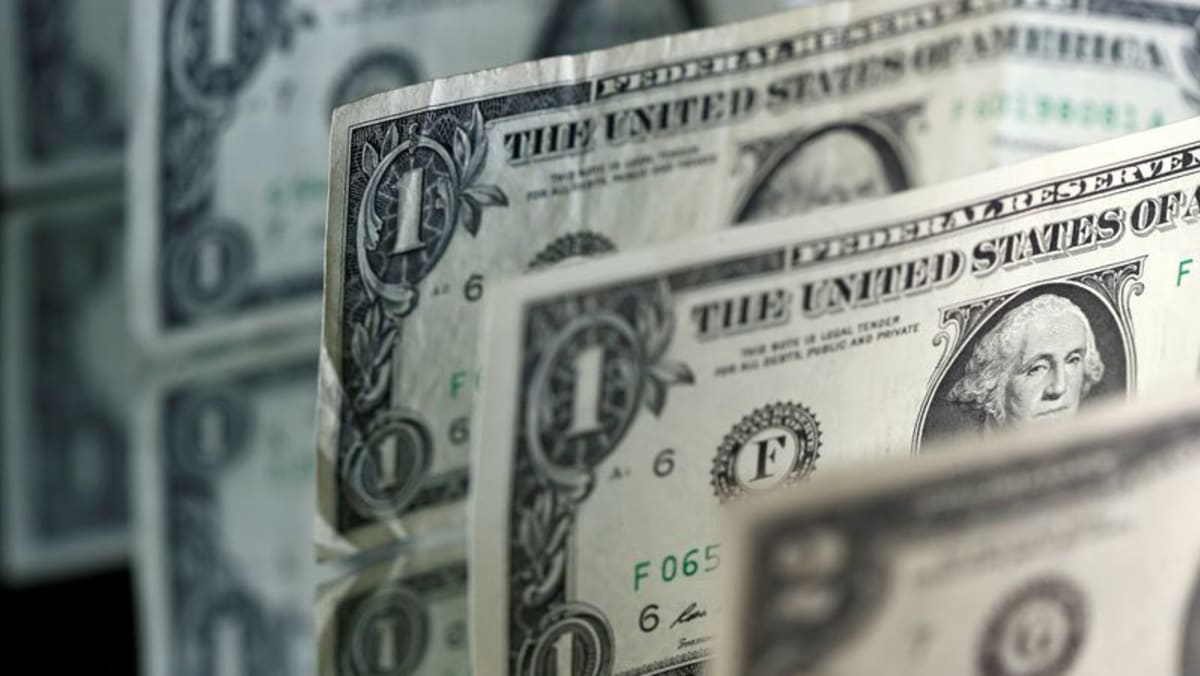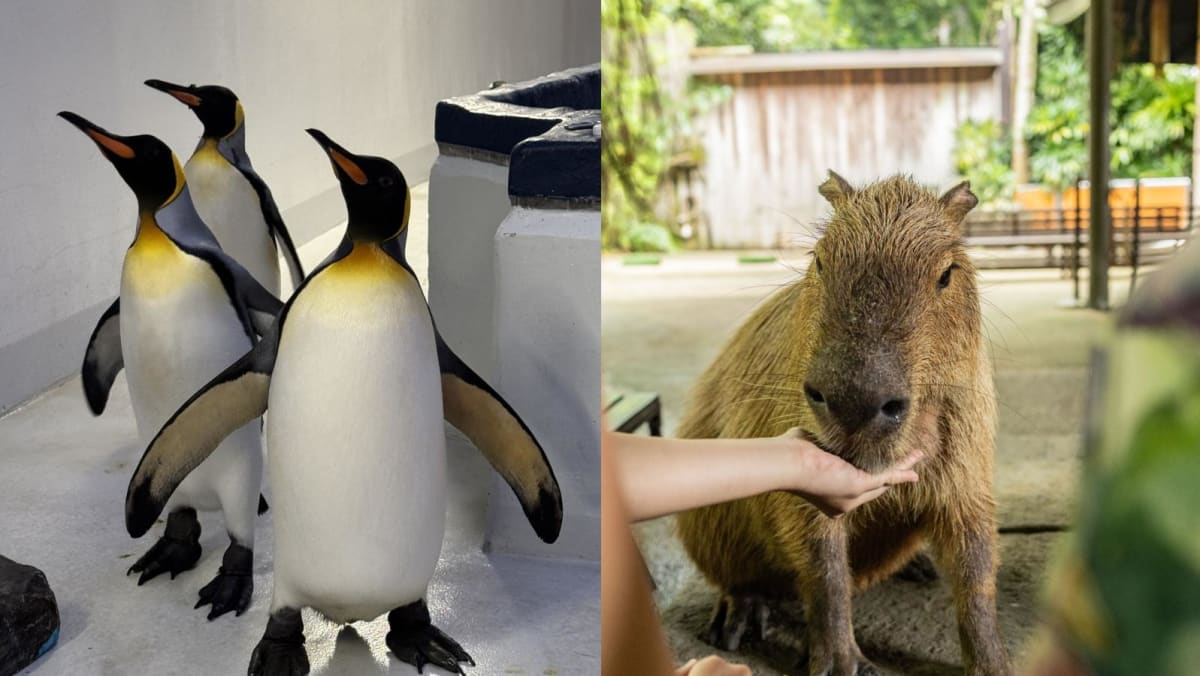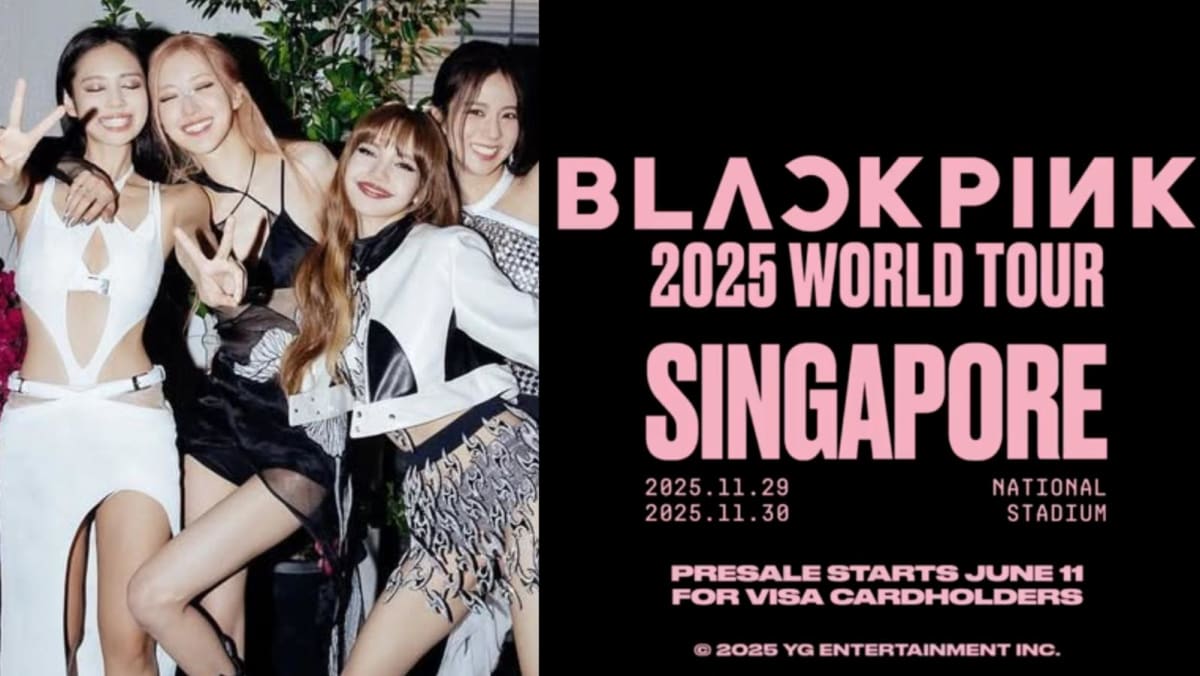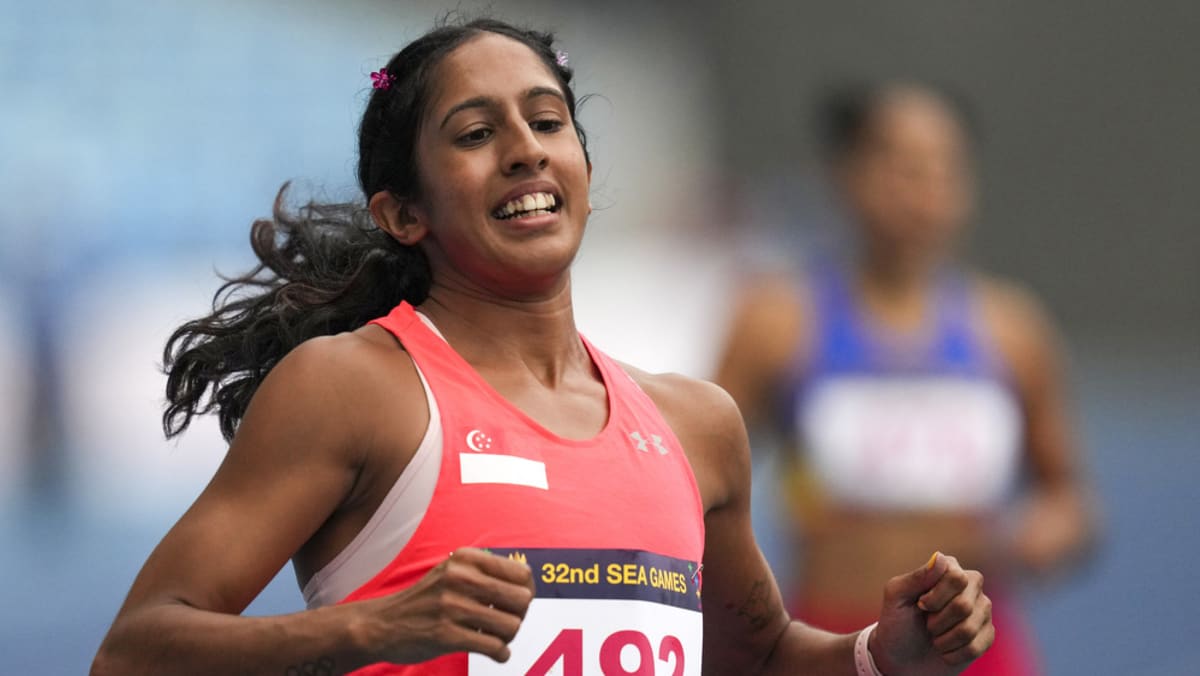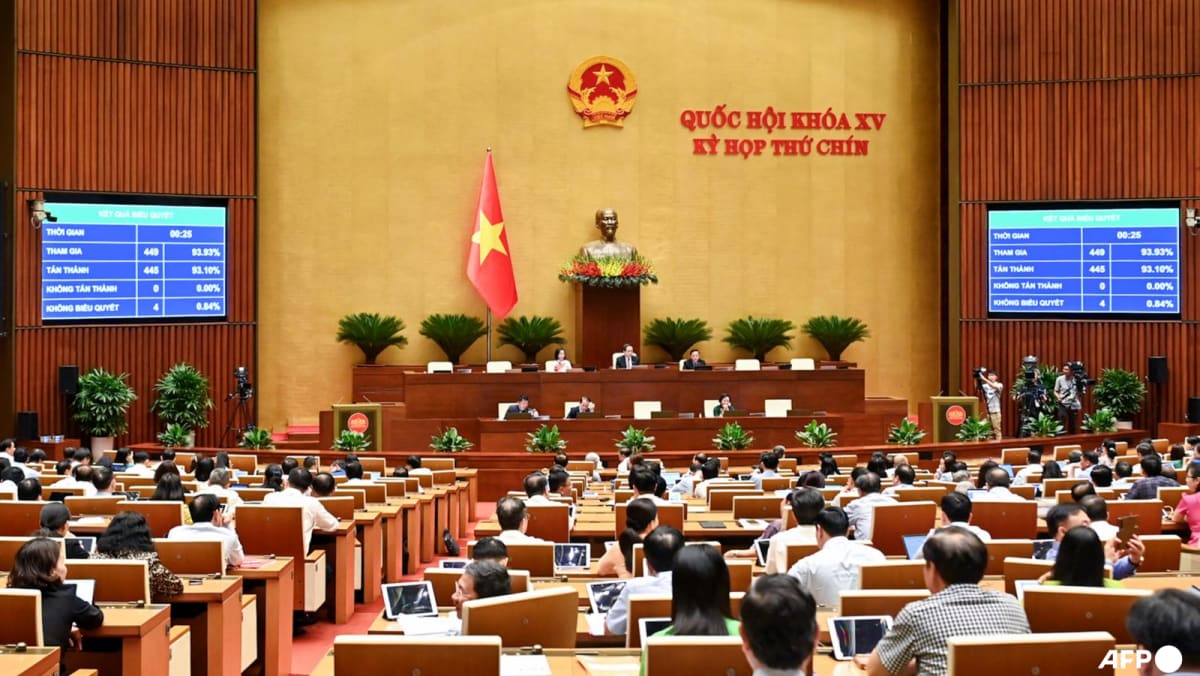South Korea's new President Lee Jae-myung took office on Wednesday (Jun 4) amid high public expectations and a fractured political landscape, with a pledge to restore stability after months of turmoil.
This time, it was less about a candidate's policy positions but whether he can deliver on his promises, observers told CNA.
Tuesday’s snap presidential election came just months after Yoon Suk Yeol was removed from office following his impeachment over a widely condemned martial law decree.
Liberal Party candidate Lee won 49.42 per cent of the nearly 35 million votes cast, official data showed. His conservative rival Kim Moon-soo garnered 41.15 per cent in the polls that drew the highest voter turnout for a presidential race since 1997.
“The people had essentially two months to decide on a president, so the typical issues that we would be seeing taking front and centre in an election were not as important as understanding what it means to elect either Lee or Kim,” said geopolitical risk consultant Soo Kim.
“Who is going to be the bastion of South Korean democracy? That was at the heart of the election this time.”
POPULIST STANCE
Lee’s victory comes six months after he evaded military barricades to vote against Yoon’s short-lived martial law declaration, which threw South Korea into its worst political crisis in decades.
The emergency decree, seen as an attempted coup, sparked mass protests and led to Yoon’s removal from office in April, less than three years into his five-year term.
Hours after his victory on Wednesday, Lee, a former human rights lawyer, pledged to restore democracy and unite the country.
“We have had a very long, turbulent political landscape for six months,” said M Jae Moon, distinguished professor of public policy and management at Yonsei University.
“I think the high turnout in the vote really demonstrated how people are interested in going back to the normal and restoring the democratic norms.”
He added: “There has been a lot of political protesting on the streets, and that eventually polarised the society. So people really want to get democracy back.”
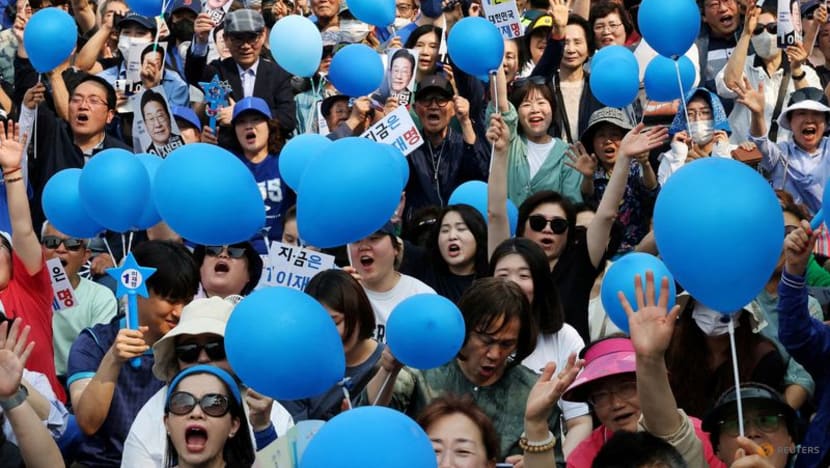 Supporters of Lee Jae-myung, the presidential candidate for South Korea's Democratic Party, cheer during an election campaign rally at a park in Seoul, South Korea, May 28, 2025. (FILE PHOTO: REUTERS/Kim Hong-Ji)
Supporters of Lee Jae-myung, the presidential candidate for South Korea's Democratic Party, cheer during an election campaign rally at a park in Seoul, South Korea, May 28, 2025. (FILE PHOTO: REUTERS/Kim Hong-Ji)
Ahead of the polls, the left-leaning 61-year-old’s policies shifted towards the centre. He moderated some of his positions on China, Japan and populist economic policies such as universal income.
Jong Eun Lee, assistant professor of political science at North Greenville University, said Lee has been “very intentional in framing himself as more of a centrist, more of a pragmatic candidate” in order to show he has changed.
“The question that we have for Lee now is that he has made some promises, he's also switched policy positions on very important foreign policy issues. Is that going to carry through his presidency or was that something that he just promised as a campaign ploy?” said Kim, who is also a former Korea analyst at the United States' Central Intelligence Agency.
She added: “Given the 60-day time window for the campaigning and the switch that happened within that timeframe, we have to wonder if this really was something that was genuine and sincere on his part, or was it something that he was doing in an effort to garner more interest in votes from the moderate and the swing voters.”
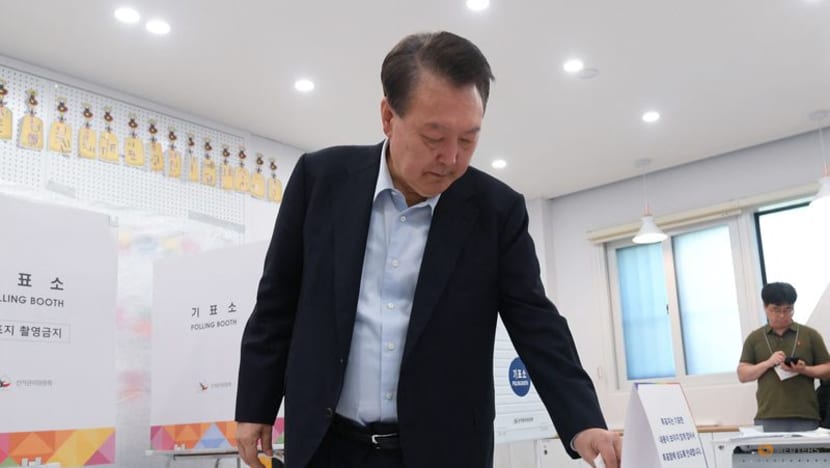 Former South Korean President Yoon Suk Yeol casts his ballot at a polling station during the presidential election in Seoul, South Korea, Jun 3, 2025. (Photo: Yonhap via REUTERS)
Former South Korean President Yoon Suk Yeol casts his ballot at a polling station during the presidential election in Seoul, South Korea, Jun 3, 2025. (Photo: Yonhap via REUTERS)
Like some other analysts, she said she is unsure whether Lee, who is facing several ongoing criminal trials, would use his presidential powers “to further the political freedoms and the democratic expressions of the people” or use that for his own personal gain.
South Korea's Constitution states that a sitting president is "not subject to criminal prosecution while in office" for most crimes.
But experts are divided on whether this applies to trials that already began before a president is elected.
“Whether or not he's going to face consequences, investigations (and) prosecutions during his presidency remains to be seen. Most likely not,” Kim told CNA’s Asia Tonight.
PRAGMATIC DIPLOMACY
On the global front, Lee is likely to adopt a “balanced and pragmatic” diplomatic position, said Yonsei University’s Moon.
“On the one hand, he will try to strengthen the military alliance with the US and really maintain a good trilateral relationship with the US and Japan, and navigate the geopolitical issues in this area,” he said.
“At the same time, he really wants to build a relationship with China, the largest trading partner with Korea. So, he really wants to go back to a normal relationship with China ... (to) change it from the very frosty relationship in the previous administration.”
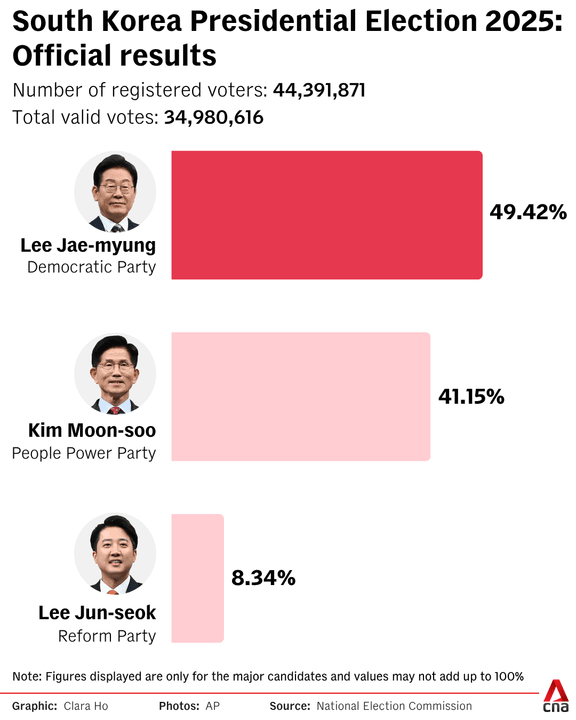
On the issue of North Korea, Lee will likely step up efforts to restore the Sunshine Policy towards Pyongyang, “so that there will be more policy engagements”, said Moon, referring to an initiative aimed at improving inter-Korean ties through dialogue rather than confrontation.
However, experts pointed out that Lee has been adjusting his stance.
Lee recognises the importance of military deterrence despite having “a reputation of being supportive of inter-Korean dialogue”, North Greenville University’s Lee told CNA938.
“Even though, in principle, he's open to a summit with (North Korean leader) Kim Jong Un, he's also qualified his statement by saying that now is not the time yet for a summit, (and) we need to wait for that,” he added.

